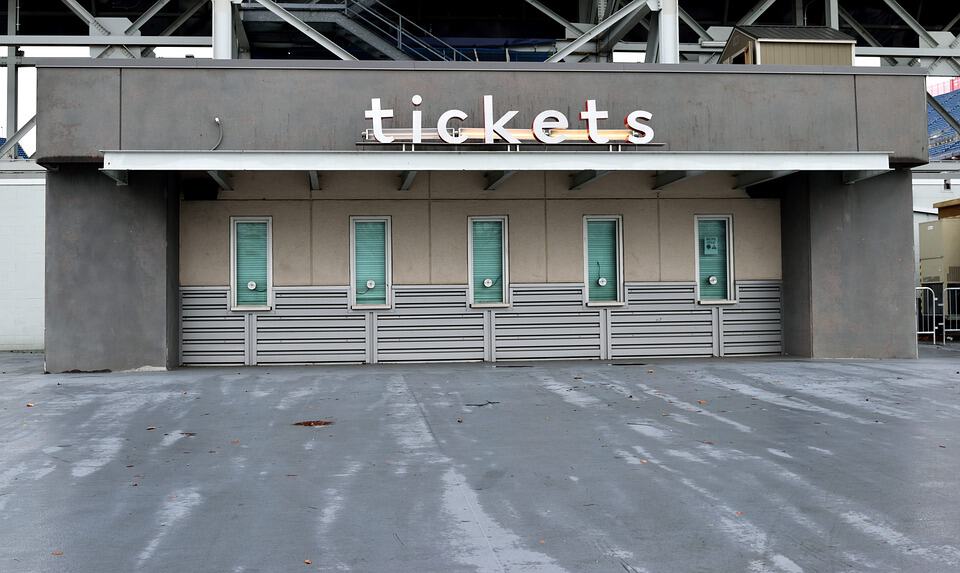
This is the fifth post in a series about holding your first fundraising event on a short timeline. While Greater Giving usually recommends our nonprofits start planning at least nine months ahead of time, that’s not always possible—so we created The Definitive Guide to Successfully Running Your First Fundraising Auction to help you prioritize your time and resources on a short timeline. Watch for more tips, tricks, and time-saving ideas to get to the finish line.
First events often run on a shortened schedule—you’ll have to think fast and start early to meet your deadlines.
Without time to build up your presence, though, it might be challenging to get the word out about your event, generate a guest list and fill up your ballroom.
So we put together some tips for recruiting attendees who will spend money and making sure they’re there on event night. We want to catch VIPs before they make other plans and solicit other people who are a good fit for your event.
Secure Those Commitments
Most event organizers send out Save the Date announcements early so potential guests can mark the day on their calendars—with actual tickets going on sale closer to the event date. That’s fine for an established event that people look forward to attending every year. When they write it on their calendar, they won’t make overlapping plans.
But for a new event, you can’t rely on anything to save your place… especially if you plan to hold your event during a popular time of year.
 So your main task is to secure those attendance commitments from your VIP guests before they get snapped up by a personal engagement—or another nonprofit event!
So your main task is to secure those attendance commitments from your VIP guests before they get snapped up by a personal engagement—or another nonprofit event!
Go ahead and start selling tickets immediately! People are much more likely to show up to an event they’ve already paid to attend. We recommend using an automated online registration tool so you can collect their contact information (such as phone number and email address) and stay in touch with them as the event gets closer.
Even if someone has bought a ticket, it doesn’t always mean they’ll remember to attend!
A Scary True Story
Last year we worked with an organization running their first auction who ran into a sticky problem on event night. While they had recruited a number of sponsors and big donors to purchase tables at the event, they had not gotten attendee names from those sponsors. This meant that they didn’t know who was coming… or if anyone was coming!
So here’s your list of priorities to make sure your ballroom isn’t empty on event night:
#1 – Get guest names (and preferably email addresses) from your donors and sponsors in advance of the event—and anyone else who has complimentary tickets. Add them to your guest list so that when they arrive, they’ll already be in the system and seated at a table.
Now they can also receive all the same pre-event communications as other attendees, which is a great opportunity to send out a little fact sheet about your organization and what you’re here to do.
TIP: Often the guests sent to fill seats at a sponsor’s table don’t know anything about your organization—they arrive to have dinner and a good time. This means some groups at your event might not be interested in participating or spending money.
In the process of collecting guest names, encourage your sponsors to send guests who are interested in your mission. Design at least some of your program around education, so perhaps some of these attendees will learn about your mission and be inspired to support you.
#2 – Make sure your donors and sponsors know that they are expected to attend! It seems obvious, right? If you buy a table at an event, won’t you want to attend?
But it’s not! Some sponsors simply forget. Others figure they have done their part by sponsoring or donating to the organization. In the case of this organization’s first event, some big donors went on to make other plans, like attending a sports game, or another fundraising event!
Here’s the lesson: Always reach out to your sponsors, donors, and other corporate decision-makers about their attendance as your event gets closer. Remind them you need them there!
Go Ahead—Launch Registration!
Having a rough idea of how many people to expect earlier in the process can also help shape how much money you spend on food, drink, and venue accommodations. More tables cost more. Don’t waste money on feeding people who aren’t there!
It’s also easier to get potential guests to commit if they can go ahead and buy their ticket right away.
So put those tickets up for sale now. Encourage all of your board members, staff, volunteers, and even sponsors and donors, to go out and spread the word.
And go ahead and ask your sponsors today: “Who’s going to be coming to the event?”
